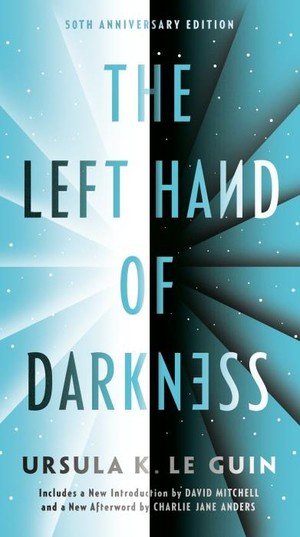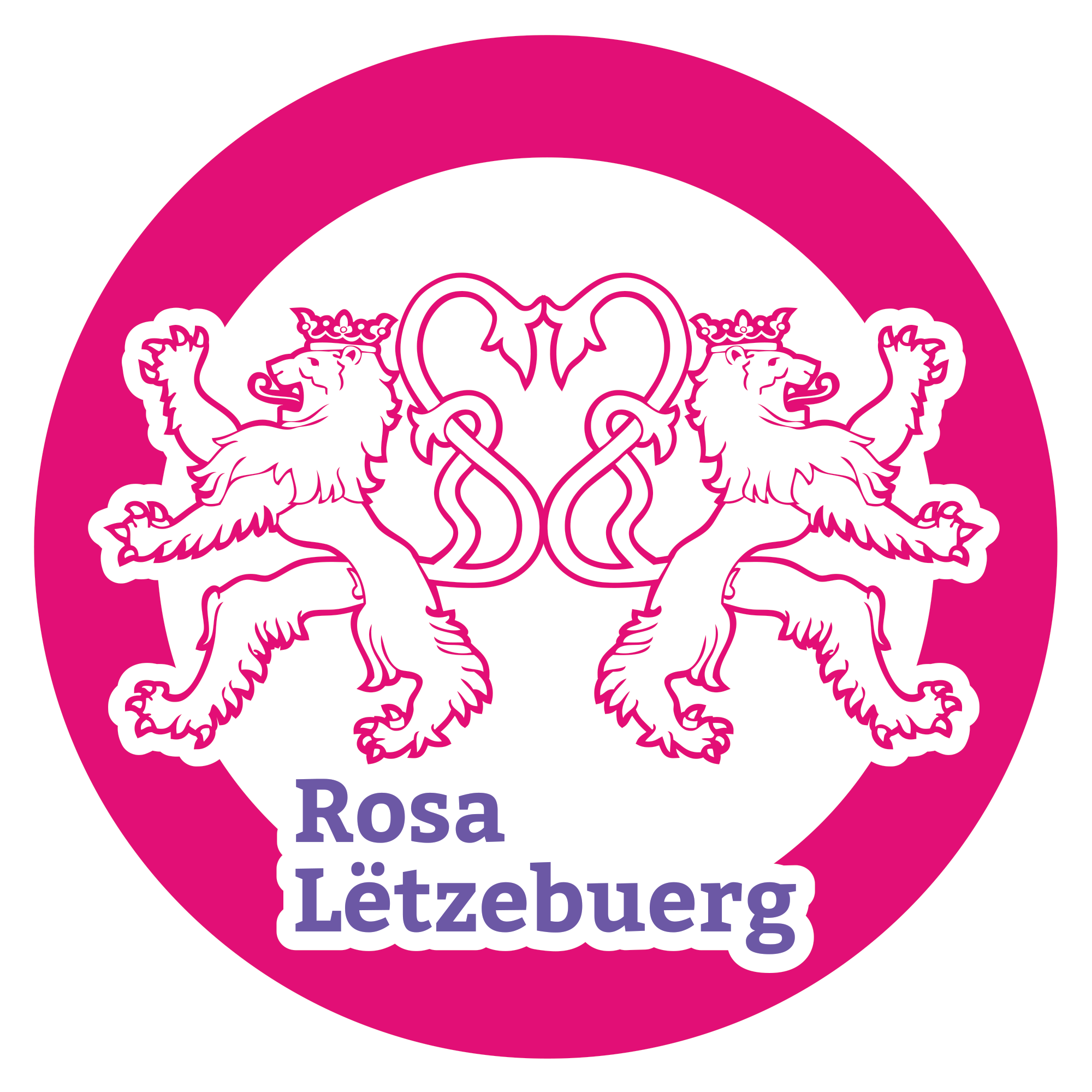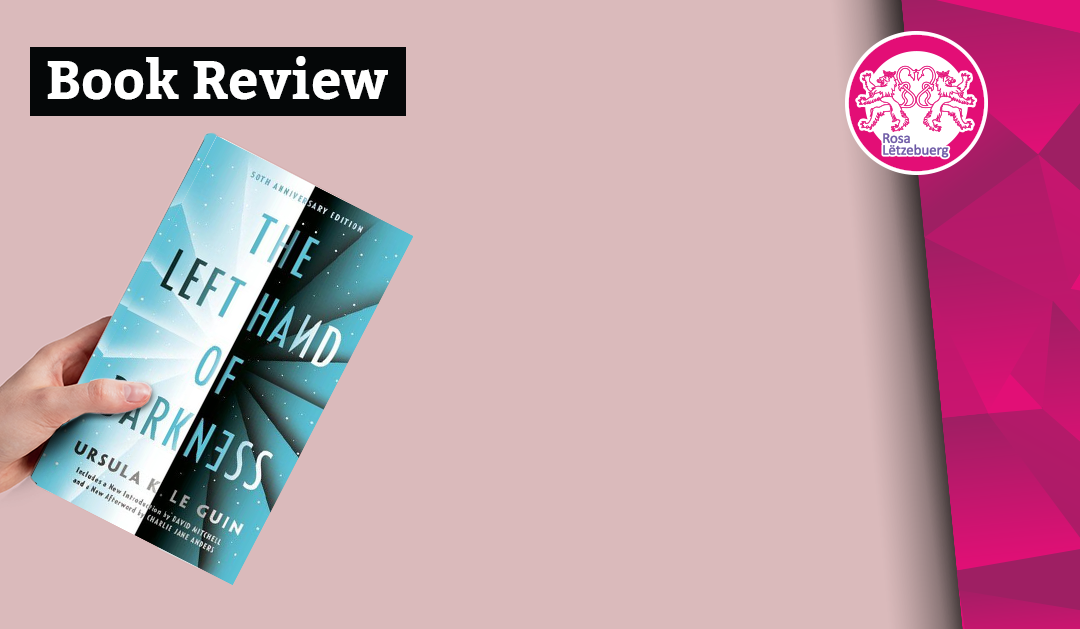Book review:
The Left Hand of Darkness
“THE KING IS PREGNANT”
What if we could live our lives without being judged for our gender or gender expression?
What if we could live the experiences of others, what is it like to be a woman?
What is it like to be man?
And what is it like to be neither?
How can a society function without gender?
And how does duality ultimately influence our life?
The science fiction novel The Left Hand of Darkness written by Ursula K. Le Guin, published in 1969, is a thought experiment that tries to answer these exact questions. It is a story of gender, politics, friendship, and all of life’s duality. The story takes place on the planet of Winter, or Gethen, where one of the protagonists, Genly Ai, meets the local society of androgynes in the city of Karhide. The term androgyne comes from the Greek terms “andro” meaning male, and “gyn” meaning female. This society functions without gender hierarchies, gender segregation or even gender’s existence. Each person goes through monthly cycles, being able to adopt either sex from month to month. In this way each person has the possibility to be a mother and a father throughout their lifetime and hereby each individual may participate in different experiences thus creating more understanding within the society. During his time on Winter Genly Ai is confronted with how much his worldview is influenced by the idea of gender, he even goes as far as to say that without gender there is not much left of our human existence. While Genly is distrustful of the Gethenian, Estraven because he cannot classify him into a system that dominates his perception of the world. As a reader we begin to understand that this distrust demonstrates just how strongly stereotypes shape society. Ai’s description of Estraven is constantly influenced by whether he perceives him as a man or as a woman, his “eye” is thus clouded by bias. During a very challenging journey Genly and Estraven end up becoming very close and Genly comes to the conclusion that his bias toward Estraven came from Ai’s incapability of seeing Estraven as a whole person without the normative binary gender system.
Throughout the story the reader is also constantly confronted with the own stereotypes and prejudices. Not only is the concept of gender questioned but also general appearance, at some point the narrator reveals to us that Genly Ai is a dark skinned male from Terra. While it becomes clear very quickly that he is a cis gender male it also questions the concept of the default cisgender white character. As the majority of characters in the literary canon are by default considered to be white, straight and cisgender, we as a society have this default idea of white characters in our mind. When Le Guin introduces the reader to the fact that Genly Ai is a Person of Colour it challenges this stereotype of default whiteness giving the reader the possibility to also recognise their own bias.
Additional historic context is necessary to clarify just how progressive Le Guin’s work really was for the time. One of the most known dates in LGBTQIA+ history is that of the Stonewall riots in 1969, the same year as Le Guin’s novel was published. However other dates around the same time are of importance too. Illinois was the first state in the US to decriminalise homosexuality in 1962, in 49 states however it was still considered to be sodomy and thus a crime. Consequently a group of gay people in public would have been considered a “criminal conspiracy”. Display of gayness was considered to be “disorderly conduct” and after the prohibition ended in the US, bars that hosted people from the LGBTQIA+ community could lose their licence and would therefore deny them service, additionally police raids were very frequent. In August 1966 a police raid in one of San Francisco’s most famous hangout spots for trans people, the Compton Cafeteria, took place. Due to the “scream queens” resistance, and patrons that joined in, this raid transformed from a raid into a 2-day long riot, hereby creating one of the most marking events in the fight for trans people’s liberty and acceptance. When taking into account how members of the LGBTQIA+ community were still suffering from ill treatment, it becomes clear why The Left Hand of Darkness was extremely progressive for the time.
While Le Guin’s novel marked a revolutionary step in the discussion of gender and sex, it was on the other hand also largely criticised. Especially from a modern point of view, the fact that Le Guin almost exclusively uses the male pronouns “he/him” for supposedly androgynous people and that she uses the term “king” instead of a gender neutral term can be viewed with strong scepticism. Critics have also expressed their distaste for the social class represented in her novel. The people talked about are not commoners, not simple people of society. She mentions kings and ministers, the majority of Genly’s stay he stays in the kings’ courts, interacting with supposedly highly educated and powerful people. Due to this criticism Le Guin published an essay called “Is Gender Necessary?” defending her position. Later on, in 1995, Le Guin published the short story “Coming of Age in Karhide” which took on stronger feminist stances and also uses gender neutral pronouns, presents to the reader the coming of age of a young Karhider in one of the kemmerhouses where children in Karhide grow up.
Throughout the entire story, Le Guin presents the reader with dichotomy. The dichotomy of androgyny unifies male and female psychological duality into one physical entity. The concept of androgyny here is then the idea of rejecting sexual polarisation and emerging from gendered limitations into a world of liberty and individuality. The merging of duality ultimately is what summarises this novel best. And thus I would like to leave you with the following quote:
“Light is the left hand of darkness and darkness the right hand of light. Two are one, life and death, lying together like lovers in kemmer, like hands joined together, like the end and the way.”
Tania is currently doing her Master’s in English Literature and Gender Studies at the University of Trier, which is partly where her interest in the literary representation of gender issues comes from. As a volunteer for Rosa Lëtzebuerg, she is now trying to transfer theoretical knowledge from her studies to real-life experiences.






